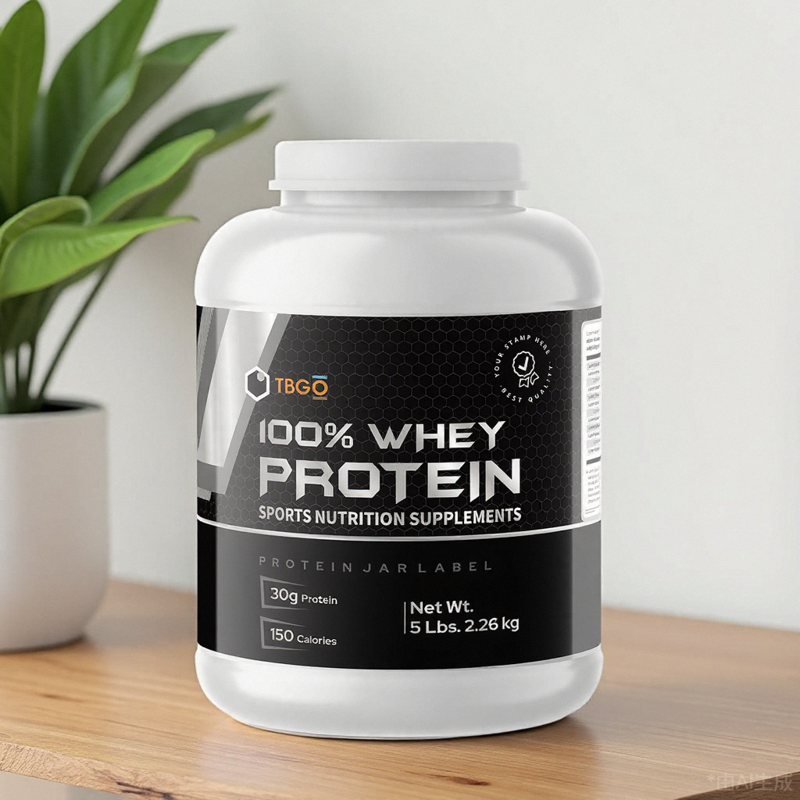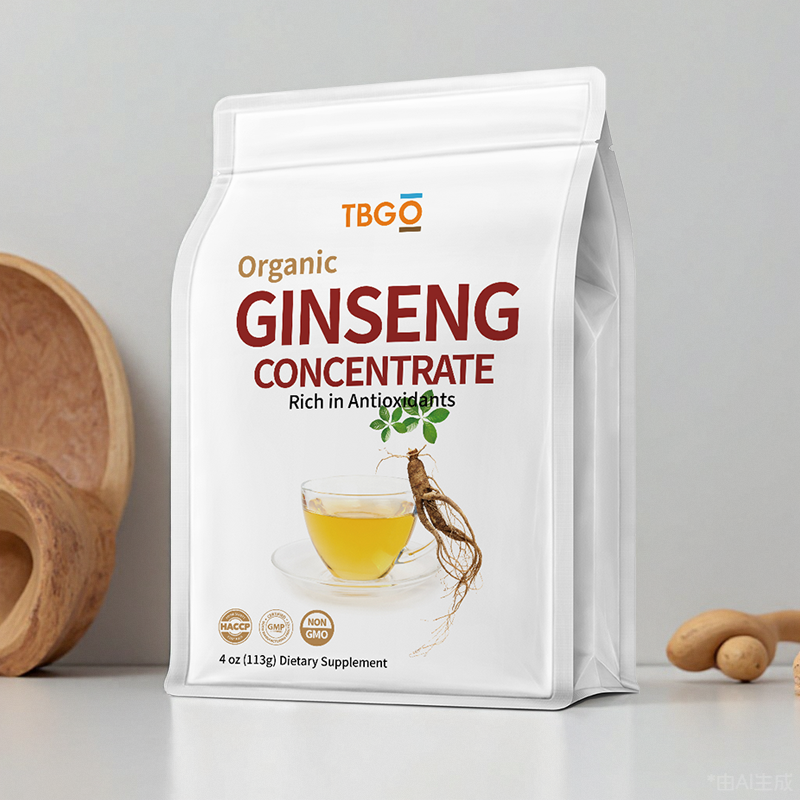The Importance of Maternal and Infant Nutrition
Key Nutrients for Postpartum Recovery
Postpartum period of recovery is crucial, and proper nutrition is essential for mothers to regain health and strength. During this time, it is especially important to get the right nutrients like protein, iron, calcium and omega-3 fats. In this case proteins are used for tissue repair, and iron and calcium help to maintain healthy blood and strong bones. Omega-3s are involved in maintaining emotional stability, which is important, given that proper nutrition can help lower rates of postpartum depression. Indeed, there is some well-respected science on factors like the role of diet in maternal mental health and a decent body of work - research from sources like the National Institutes of Health, even - indicating the right maternal nutrition reduces women’s risk of postpartum mood disorders by something like 50 percent *)((more references here).
Hydration and fiber should also be among your key components of postpartum nutrition. Ensuring you stay well-hydrated adheres to physical recovery and also supports mental well-being by aiding stress and fatigue management. Fiber is important for digestion and overall wellness. They can greatly contribute into making the new mom's life better by promoting not just the physical but also the emotional wellness of a breastfeeding mother helping her adjust better to the recovery period after her delivery.
Long-Term Benefits for Infant Development
The effect of maternal nutrition on the child's development cannot be exaggerated. Studies show that a mothers diet during their pregnancy and lactation effects both the cognitive and physical development of the child. The developmental origin of health and disease (DOHaD) hypothesis links early-life nutrition with decreased chronic disease risk in offspring. This concept emphasise that babies with mothers who eats well (good nutrition) will have better long term health outcomes/alleviation including reduction in diseases like obesity,diabetes, and cardiovascular diseases.
The effects of these factors are confirmed by statistical evidence, exhibiting better cognitive abilities and health in children whose maternal women respected dietary advice during pregnancy. A good example of this comes from a comprehensive review by the World Health Organization which showed that children of well fed moms had much better indices of health. By making efforts to promote proper nutrition of mothers, we not only optimize the well-being of newborns, but also ensure a healthier adult population, indeed the untold advantages of good prenatal and postnatal care on the marathon that is human life.
Understanding Infant Nutrition Formula Powder
Organic vs. Conventional Maternal Nutrition Powders
There are several key differences between organic and conventional maternal nutrition powder options. Organic powders are frequently touted for their absence of pesticide residues and artificial additives, something which might appeal to mothers who are worried about these potential inclusions in their babies’ food. Traditional powders may contain these ingredients but also tend to contain more nutrients and fortified additives. "Organic is better for baby because it is free of potentially harmful chemicals, which enhances the baby's ability to grow and develop healthily," nutritionist Emily Hoff told The List.
Over the recent years, the market has been witnessing a new trend of growing preference for organic maternal nutrition products. Growing consciousness about the prospective benefits of organic nutrition is influencing consumer choices and is evident in the category's strong sales uptick. The organic baby food market and maternal powders in particular, it’s a growing market where more and more parents are looking for all-natural products for their children. This not only reflects the changing demands of consumers, however, also reflect the high recognition of health benefits of organic maternal nutrition powder.
Specialized Formulas for Premature Infants
Formulas for preemies have been scientifically developed to deliver necessary nutrition that is tailored to the specific needs of an underdeveloped infant. These formulas are generally higher in some macronutrients with added vitamins and minerals to help them grow. "The macronutrient ratios are calculated very carefully to make sure there are enough calories and protein, which are vital for bringing premature babies up to growth.
These specialty formulas are pediatrics recommended because they improve on the satisfying nutritional needs and meet the health organization guidelines. Health organizations including American Academy of Pediatrics advocate the use and consider their benefits to support the high nutritional requirements of these vulnerable newborns. Combat Ready These formulas are vital in guaranteeing these fragile babies receive the nutrients they need to grow, especially during sensitive early stages of development.
Safe Preparation of Maternal and Infant Formula
Step-by-Step Sterilization Guidelines
Ensuring the safe preparation of infant formula begins with proper sterilization of bottles and equipment. This is crucial for preventing infections and gastrointestinal illnesses that can affect a baby's health. Here's a detailed, step-by-step guide:
- Hand Hygiene: Thoroughly wash your hands with soap and water before handling bottles or preparing formula.
- Workspace Cleaning: Sanitize the area where you'll prepare the formula to minimize contamination risks.
-
Bottle Sterilization Methods:
- Boiling: Submerge bottles and nipples in boiling water for at least five minutes.
- Steam Sterilization: Use a sterilizer designed for baby bottles if available.
- Microwave Sterilization: Use microwave-safe kits following the manufacturerâs instructions. Avoid direct microwaving which can create dangerous hot spots.
- Time and Temperature Management: Follow expert recommendations on precise timing and temperature, as microorganisms are effectively killed at high temperatures.
The importance of these practices can't be overstated; they are vital for maintaining formula preparation safety as recommended by pediatric nutritionists.
Emergency Protocols for Contaminated Water
Preparing infant formula in situations with potentially contaminated water demands strict adherence to emergency protocols to safeguard infant health. The guidelines for such scenarios are:
- Alternate Water Sources: Use bottled water as a primary option when tap water safety is compromised.
-
Purification Techniques:
- Boiling: Boil tap water vigorously and let it cool before mixing with formula. This effectively kills bacteria and parasites.
- Filtration: Employ filtration systems designed to remove harmful substances. However, remember that not all contaminants can be eliminated this way.
- Statistics on Waterborne Illnesses: Waterborne diseases can severely affect infants, leading to serious health consequences. It is imperative to ensure clean water usage to prevent illnesses.
In emergency situations, following these protocols can significantly reduce health risks associated with contaminated water, ensuring infant formula safety as emphasized in health guidelines.
Storage Solutions for Optimal Nutritional Value
Preventing Bacterial Growth in Powdered Formula
Good storage of powdered infant formula is essential to avoid bacterial contamination and maintain its quality. When you misuse powdered formula, you allow a place to store harmful bacteria, which can spoil and you risk feeding your baby spoiled formula. In order to preserve the safety and efficacy of the formula it's of utmost importance that it's kept cool, dry, and out of direct sunlight. Don't leave the formula in vehicles, in garages or outdoors where temperatures can put the powder at risk because of temperature and humidity changes.
Studies have shown that the best way to avoid nutrient or contamination problems in formula is to keep it in the best shape possible. For example, it’s recommended by the CDC to use prepared infant formula within two hours if it has been sitting at room temperature or to stick it in the fridge and use it within 24 hours, otherwise you done fucked up. Throw away any remaining formula after feeding your baby, because bacteria can grow in the formula from saliva that entered it, which may cause your baby to become ill. Compliance with these standards helps optimise the nutritional quality of powdered maternal infant nutrition formula and allows for a maximum shelf life Current regulations set for powdered maternal infant nutrition formula require that such any formula powder remain stable, or not age, for at least 6 months at room temperature.
Travel-Friendly Storage Strategies
As you would expect certain precautions need to be taken when traveling with an infant so they can receive the same quality of nourishment. Keep the formula's nutrients preserved by finding travel friendly storage. These consist of insulated tranny cooler bags that come with ice packs, that are hearty to keep the right temperature for formula when traveling.
Choosing the right containers is also crucial. For instance, travel-sized dispensers with separate compartments can help in pre-measuring formula and water, ensuring convenience and accuracy wherever you go. Additionally, some specialized infant formula products come with their own dispensing system, making them an ideal choice for on-the-go nutrition.
Ensure a hassle-free trip, experts advise packing various premixed amounts of the high quality baby nutrition powder in small containers or formula dispensers. They are easy to carry, can be dissolved in water instantly and feed your baby everywhere at any time. As you know by now, if you do not know by now, it is very important to keep the right temperature of the formula ready so if for nothing else you will want this information for how long can you keep infant formula when your are traveling. So that the grow formula is kept fresh and active throughout the day, a formula carrying kit is the best solution sourceMapping". These techniques provide security and convenience by helping keep my baby happy and healthy, on-the-go, wherever we are.
Global Standards and Feeding Best Practices
WHO Recommendations for Formula Use
The World Health Organization (WHO) is a key player in setting international health standards by providing guidelines on feeding practice in infancy. They are passionately promoting exclusive breastfeeding of children in the first six months of their lives, pointing that this could save 820,000 children annually. But for different situations, WHO recognizes formula feeding as an option when breastfeeding is impossible. ConclusionsLessons from WHO guidelines are profound reminders of the fate of infant mortality and global health policies in geographical areas in which the latter are adopted since regions implementing these recommendations are usually characterized by better maternal and neonatal health. For example, their implementation has been found to improve cognitive development and reduce the risk of infections, two of the most critical factors to achieve global health targets.
In addition, MAPR, as well as the DHSSI guidelines, have substantial impact on global policy for maternal and infant nutrition. Such guidance may have contributed to advancement in legislation (in Article 4.2 - primarily in five studies from 4 countries in low and middle-income countries) on infant feeding. For example, legislation supporting breastfeeding alleviates infant mortality by increasing nutrient intake and preventing diseases. So, highlighting WHO recommendations not only harmonizes local practices with the global standards but also communicates the importance of preserving the nutritional adequacy of the infant diet in the first year of life by judicious use of infant formula whenever needed.
CDC Guidelines for High-Risk Infants
The CDC has essential advice for feeding high-risk infants in the world of NICUs. Such a population are preterm infants or infants with medical morbidities with specific feeding needs. In such cases, health professionals play an important role, providing personalized advice that typically includes the recommendation of infant formula products specifically designed to fulfill the particular nutritional requirements of these infants. These tailored feeding plans were associated with better infant health outcomes, highlighting the need for experienced support for caretakers managing the complexities of infant nutrition.
There is evidence that adherence to CDC recommendations has the potential for substantial health benefits in high-risk infants. For example, studies have shown decrease in hospital readmissions and improved growth of babies adhering to the prescribed nutrition intake. The recommendations are designed to ensure that if health problems occur, infants still receive appropriate nutrition for their growth. With these approaches in place, the use of maternal infant nutrition formula powder is essential as it enables delivery of vital nutrients leading to the best of possible health outcomes primarily for vulnerable infant groups.







